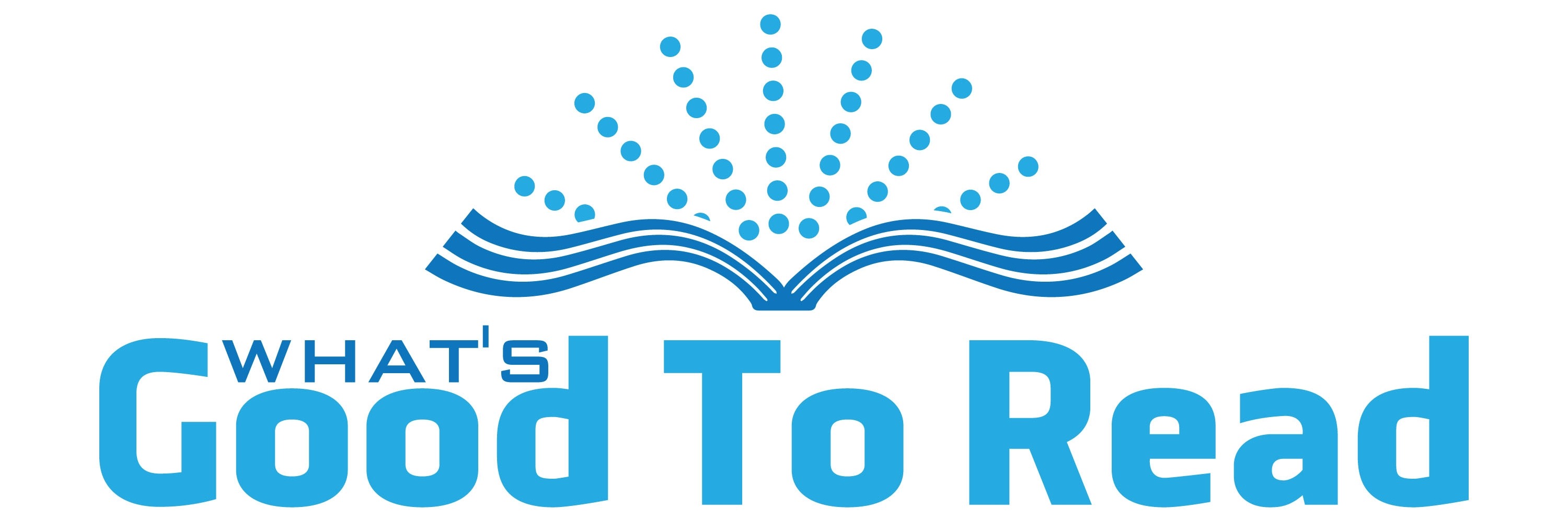
Books! I have been around them all my life and have over 600 (I have just rearranged them and sadly counted them as I thought the number would be 300/400) filling my bookshelves at home, a vast majority of them hardbacks. As far as I can remember I have always had a book to read – so call me a bibliophile or a booklover or if you must, a bookworm (although bookworm is a very negative term and might offend some people). If you are across the channel in France, maybe you prefer the term that is used there: Ink Drinker (I really do like this one).
English: Bookworm
French: Ink Drinker
German: Read-rat
Danish: Reading Horse
Romanian: Library Mouse
Indonesian: Book Flea
Why is it best not to use the term ‘bookworm’? Surely it is just someone that loves books and reading? Not really. Whilst today, bookworms are just seen as someone who reads a lot, bookworms are also defined as “the larva of a wood-boring beetle which feeds on the paper and glue in books”, basically a destroyer of books! I love books: hardbacks, paperbacks and even digital, and certainly wouldn’t destroy any. The term bookworm was also used as an insult with origins going back to Elizabethan times when worm meant ‘wretch’ – who wants to be called a wretch or book-wretch? So, whilst terminology changes throughout the ages and the term bookworm now has more positive connotations, it is probably safer to refer to people who love reading as a bibliophile, you can then be safe that you won’t offend anyone (at least for now anyway, the way terminology changes you never can tell).
But what if we lived in a world without books? I suppose you wouldn’t have to worry about words like bookworm or bibliophile. I would certainly have more space at home without the need for lots of bookshelves to store hundreds of them (and this is always expanding), but then what would I fill the empty space with? Wouldn’t a world without stories be a boring place? Even a less intelligent world? I think so.
Whilst some books have been banned (most temporarily in some countries) or censored such as: George Orwell’s Animal Farm, The Bible, The Satanic Verses by Salman Rushdie and even several of popular children’s author Roald Dahl books among them (there are some surprising titles on Penguin’s Books They Tried to Ban article), there has never been an absolute ban on them (even when the Nazi regime carried out mass book burnings). Would the e-commerce behemoth Amazon even exist today, as they started as a website that only sold books?
Without books how would we teach our children to read as reading is the base for their entire education? Would all children become goggle-eyed robots staring into eye-damaging screens? Would entertainment just become walls and walls of television screens or handheld devices strapped to the appendages of every human being? Would imagination and free thinking be lost, and the world just dictated to with whatever they are watching on their screens? (Fahrenheit 451 by Ray Bradbury, a dystopian novel, is a novel about a world without books, the burning of books and the power they can hold or for kids they can read Jodie and the Library Card by Julie Hodgson).
Books are not only sources of information (or even misinformation), but sources of education, entertainment and enjoyment. They can enrich all aspects of our lives by teaching us new things, helping us to learn about our past and even our future, getting our imaginations working and are even portable entertainment systems that we can enjoy anywhere: the park, the train or even the toilet!
But in a world without books, you might say that eReaders would exist and we could still enjoy the content of the very same books? Maybe, but if we had no books to begin with would there be authors to write digital books? And even if there were, browsing a digital library would just not be the same as perusing a bookshop or library bookshelf and discovering new authors and new tales of wonder – how many times have you been intrigued by the cover art, picked up that book and found your next exciting read?
Without these tomes of knowledge, how we would learn from our past? How would we use the knowledge of our past to shape our future? Without these publications, we would live in a more ignorant world, resistant to change and progress.
A world without books would be a very dull and, I think, more ignorant and uneducated place to live. There are plenty of reasons to keep and read books, discovering and supporting new authors, using bookshops and local libraries. Without books, the world would be joyless – just think, some of the best television you have ever watched has probably been adapted from a book.
What do you think a world without books would look like? Leave your thoughts in the comments box below.








